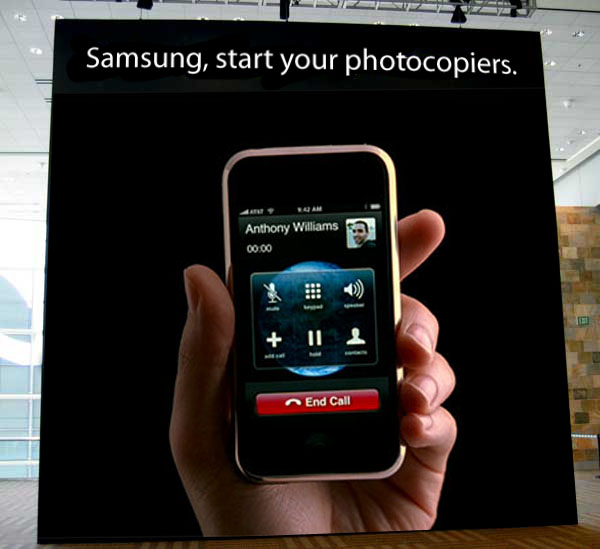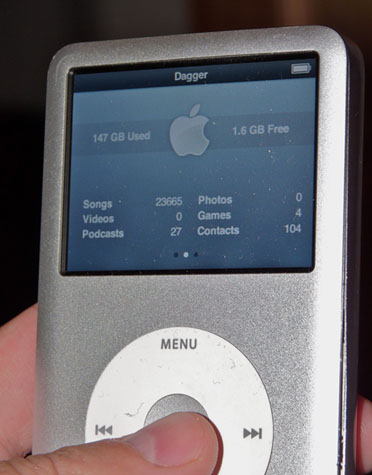“They sat with the iPhone and went feature by feature, copying it to the smallest detail. In those critical three months, Samsung was able to copy and incorporate the core part of Apple’s four-year investment without taking any of the risks, because they were copying the world’s most successful product.â€
Thus spake Apple attorney Harold McElhinny to the jury during closing arguments of his company’s lawsuit against Samsung. I don’t think there is any disputing that McElhinny is right. In fact, what reads on the page as lawyer’s hyperbole is really a simple statement of fact: Samsung really did crawl through the iPhone feature by feature, stacking it against its original Galaxy S and concluding that in any instance in which the two devices differed, the latter should adopt the look and functionality of the former. There’s something almost admirable in the very brazenness of it.
What is not so admirable is the spectacle of the world’s most valuable company — not technology company or electronics company, mind, but most valuable, full stop — trying to stamp out one of its imitators not through the competitive marketplace but through the court system. To be blunt, Samsung indisputably copied Apple’s designs, but I don’t see anything in the law that ought to prevent them from doing it. Continue reading

